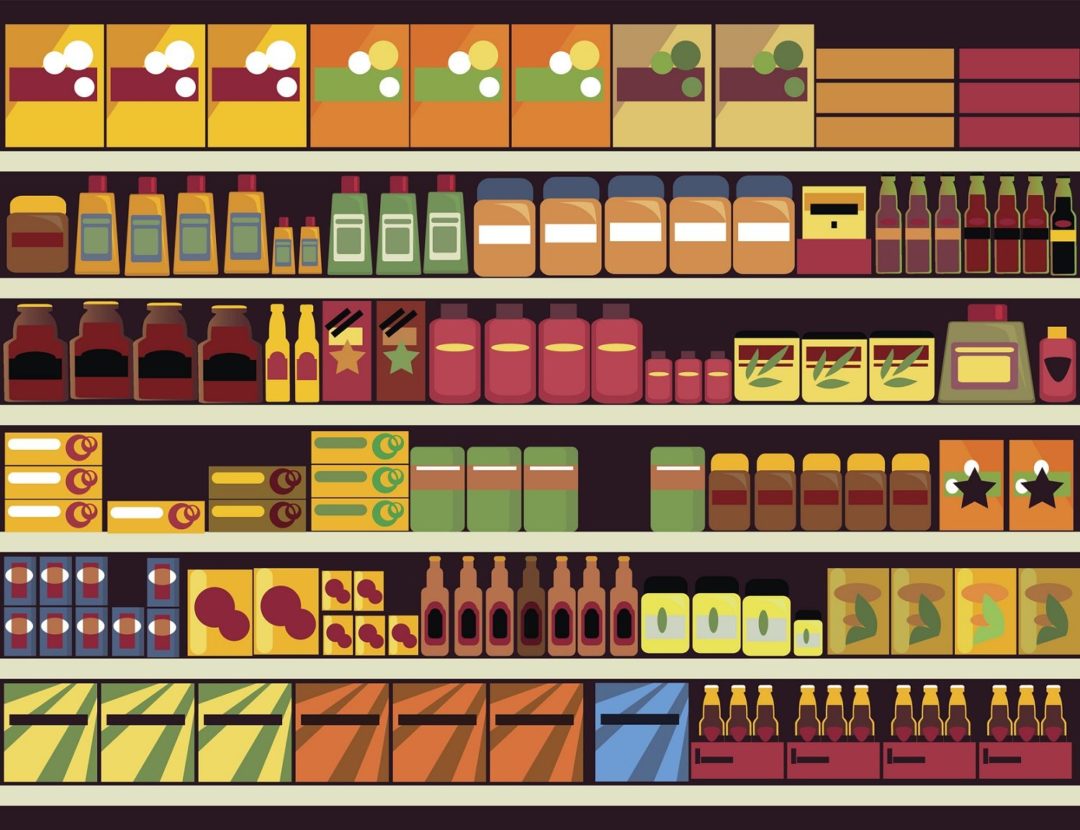
Amazon Lowers Fee On Packaged Grocery Items

While Amazon has declined to comment on their rationale, analysts speculate the reasoning behind their actions stems from how difficult it can be for businesses to make a suitable profit on inexpensive grocery items after factoring in shipping, storage, and retail expenses. For this reason, it makes little sense for distributers of lower-priced grocery items to sell their product through Amazon. Amazon is attempting to retain these distributers by giving them more incentive.
A solution that sellers and grocery distributers have come up with is selling lower priced product in bulk at wholesale prices, which Amazon then directs to its membership programs such as Prime Pantry or Amazon Fresh. Prime Pantry allows Prime members fill a box of grocery items for $5.99. Amazon Fresh costs $14.99 a month (in addition to the regular $99-a-year Prime membership fee) and allows customers to buy low-priced grocery items with free shipping.
The company recognizes that not all customers are willing to pay a fee, but it still wants customers to think of Amazon as a destination for groceries. The company knows it will not portray itself as such if they only sell grocery items in bulk. For this reason, the likely motive behind lowering fees was to encourage grocery sellers to continue selling single units of lower-priced items by expanding their profit margin.
David Rekuc, the marketing director for the e-commerce consultancy Ripen eCommerce, is still doubtful that Amazon’s plan of action will be entirely successful.
“It’s nice to see and it may move the needle a little bit,” he said of the fee discount, “but it won’t fundamentally change [Amazon’s] penetration in grocery.”

The editorial team at WholeFoods Magazine has decades of experiences reporting on natural products industry news, trends, and more. This national, monthly business-to-business magazine has been published continuously for nearly 40 years (the magazine was founded in 1977, and has been owned by Wainer Finest Communications since 1984). It is the longest-tenured media outlet of its kind in the natural products industry. The editorial focus at WholeFoods Magazine is, and always has been, on informing and educating members of the natural products industry.
The Magazine
Information
About Us
NOTE: WholeFoods Magazine is a business-to-business publication. Information on this site should not be considered medical advice or a way to diagnose or treat any disease or illness. Always seek the advice of a medical professional before making lifestyle changes, including taking a dietary supplement. The opinions expressed by contributors and experts quoted in articles are not necessarily those of the publisher or editors of WholeFoods.







